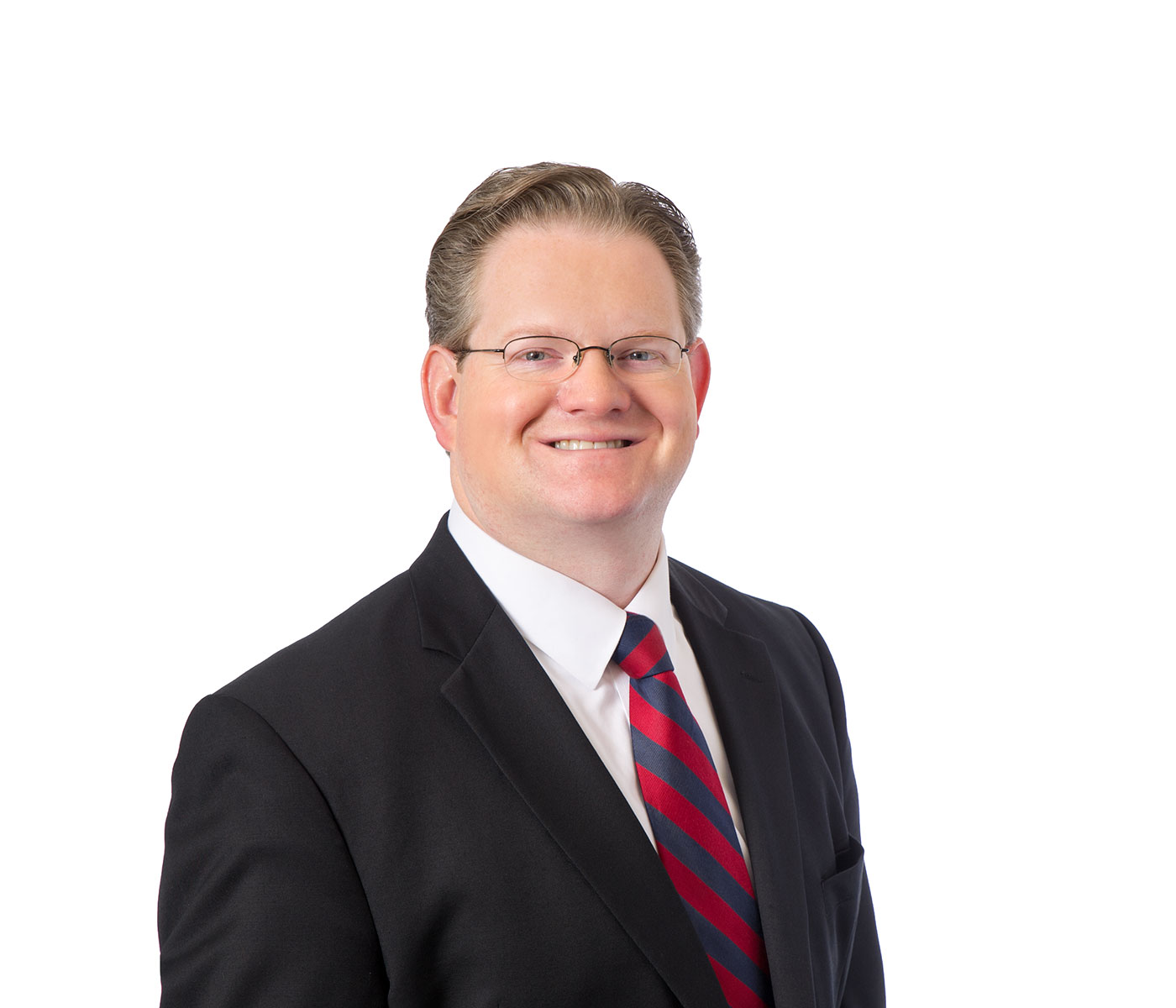The National Labor Relations Board’s recent noteworthy decision to reverse the joint-employer standard will likely impact a variety of industries and businesses nationwide.
That decision centers around the case of Hy-Brand Industrial Contractors, Ltd. On December 14, 2017, the NLRB ruled that two or more entities will be considered joint employers only if there is proof that one entity has actually exercised control over essential employment terms of another entity’s employees. The Hy-Brand standard also requires that this control be direct and immediate, rather than indirect or limited.
The NLRB’s ruling reverses the highly controversial Browning-Ferris standard. In 2015, the case of Browning-Ferris Industries stood the labor and employment world on its head by holding that a company, the company’s contractors and franchisees could all be lumped together and considered a single “joint employer” for purposes of the National Labor Relations Act.
This was true even if the company did not exert overt control over the terms and conditions of employment for a contractor’s or franchisee’s workers. Under Browning-Ferris, the NLRB could determine that a group of separate entities could be considered a joint employer if the primary company had even “indirect control,” or the ability to exert indirect control over the related companies. Why is this important? Under Browning-Ferris, the alleged wrongs of one company could be imputed to other separate companies if it was determined that even “indirect control” could have been exerted. Thus, joint liability could have been imposed upon all entities in a “joint employer” web.
The NLRB’s U-turn move with Hy-Brand is prompting labor and employment lawyers across the country to intently watch how future decisions will be impacted. The most notable case, which has been in active litigation before the NLRB for several years, deals with the fast food giant, McDonald’s, and the extent to which it exerts control over its franchisees. To date, the McDonald’s case has been one of the most costly and intensive cases in the history of the NLRB, including no less than 150 days of testimony. Observers are keenly aware that Hy-Brand may well affect this case and countless more to come.
Max Rieker is an attorney at Walter |Haverfield who focuses his practice on labor and employment law. He can be reached at mrieker@walterhav.com or at 216-928-2972.
